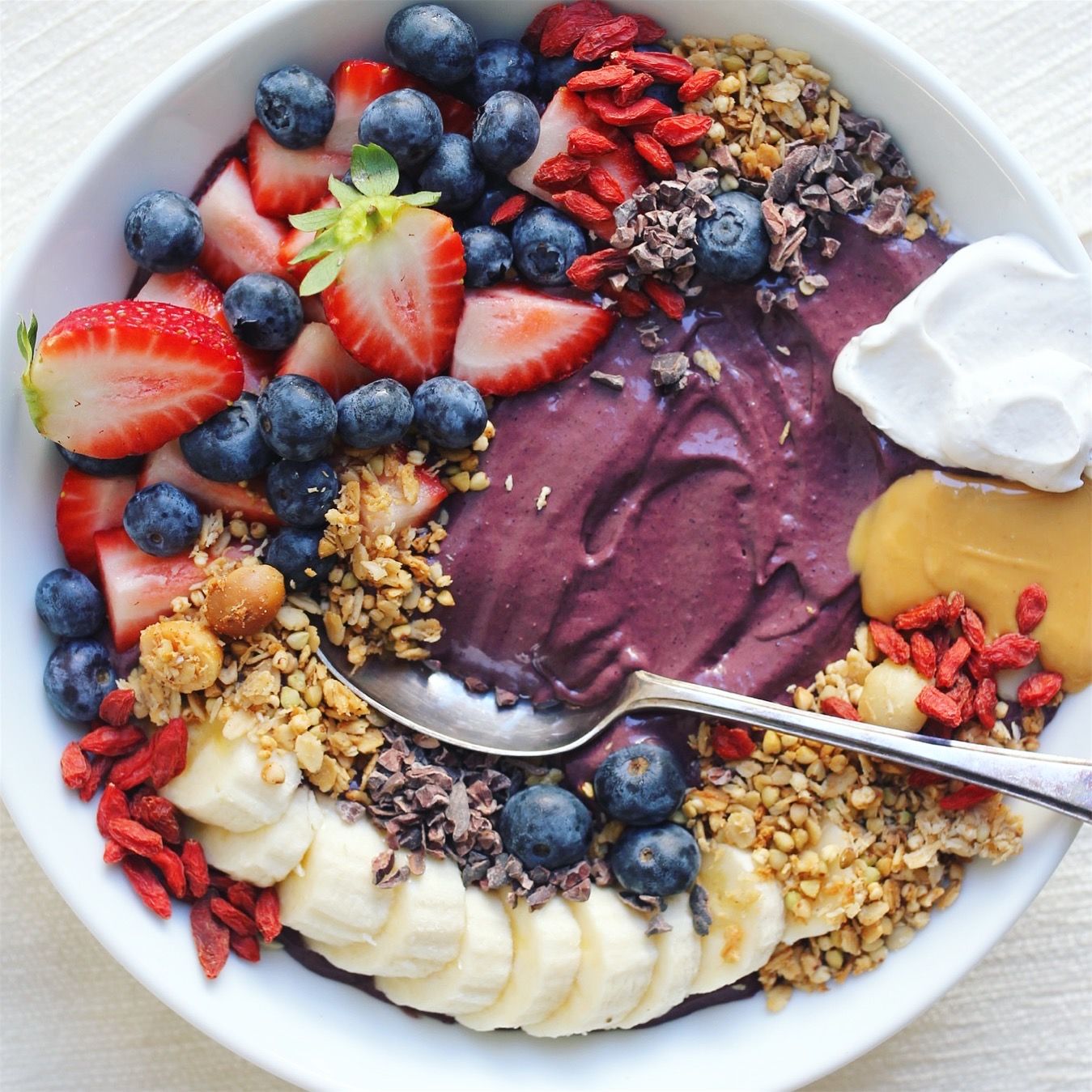Is drinking Oat Milk the same as drinking Coca Cola?
21 February 2023
Following on from our article Never eat this food, we have recently come across posts which have taken aim at the popular dairy alternative, oat milk.
Recent years have seen an unprecedented escalation of popularity of plant based drinks, driven firstly by the increasing vegan market, those avoiding dairy for a number of health reasons and those believing it is a healthier choice. One of the most popular of the alternative milks is undoubtedly oat milk.
As with most foods/drinks, the best way to consume any plant milk is to make your own. This way we are ensuring we use organic produce and avoid the need for added fillers, oils, gums etc. Of course this requires some effort, there is little shelf life and it is unlikely that freshly prepared plant milks will be available in your favourite coffee shop. In commercially produced product it is also likely that quality may be compromised in favour of achieving the perfect barista style texture to which we have become accustomed. The other trade off is that the sterilisation process to extend the shelf life does involve heat.
Oat milk is, in fact, our milk of choice, both at home and when in a cafe.. although we do check the brand as they are not all the same. If we are not making our own, we use a brand that uses 100% organic oats, water and organic sunflower oil, with no added sugar.
One of the posts that was brought to our attention recently was on instagram, which prompted this article, as we have had questions from people who were confused, as they try so hard to make healthier choices, only to be told they may as well drink coca cola. Hence we are providing our perspective, without being too technical, as we believe everything needs to be taken in context in order to make an informed choice.

The comparisons between commercial oat milk and coca cola relate to claimed similar glycemic load (blood sugar impact) and similar amounts of vegetable oils…..There is no doubt that both of these factors are important and greatly impact our health, as we have discussed before, but this isn’t the whole story.
Oatmilk is generally consumed with other foods / liquids, e.g. in coffee, on cereal or in recipes.Coca Cola is almost always consumed on it’s own. These two factors alone make a comparison very difficult.
The most glaring difference is that oat milk at least begins with a whole food. This does not necessarily mean it resembles a whole food by the end of the processing… however it is a head start on coca cola.
Coca cola only contains carbonated water, sugar, colour (E150d), undisclosed flavourings and caffeine. There are no nutrients. The nutritional panel for a can of coca cola (330ml) is 140 calories, 0 fat, 0 protein, 0 fibre, 45mg sodium, 39g sugar. Again, there are no nutrients. Oat milk nutritional data would, for the same quantity be approximately 120 calories (varies between brands), 4g protein, 0.8g fat, 7g sugars, 0.6g fibre and 24mg sodium (note: a serving of oat milk is likely to be less than 330ml). Oat milk also contains nutrients including B vitamins, calcium, iron, antioxidant micronutrients and soluble fibre, beta glucan. Again, the amount of nutrients will vary between brands and some will have added nutrient fortification.
It is the phosphoric acid in coca cola that is responsible for ‘cleaning’ of coins, particularly copper based coins, an experiment many may remember in science class. Coca Cola overall has a pH of approximately 2.6, so very acidic. Oat milk on the other hand has a pH of around 6.8, so it is alkaline.
To compare vegetable oil content according to content in grams would be very complex due to the variables, so we can only briefly generalise here. For example, an organic sunflower oil would be expected to use organically grown sunflowers (ie without pesticides and herbicides) and then refined using more gentle processes than in conventional seed oil production. Soy oil (as given in the example for French fries) is very likely to use genetically modified soy beans, be sprayed with glyphosate, the oil chemically extracted and hydrogenated. When heated to high temperatures, as required for cooking French fries, this oil produces free radicals which are very damaging to the body.
The Glycaemic Load comparison is also misleading, due to the fact that oat milk is rarely consumed on its own the way coca cola is, as mentioned already. There are also a number of variables when assessing blood sugar metabolism, including individual genetic polymorphisms. The most accurate way to know how any food is impacting your personal blood sugar is to use a monitor such as Freestyle Libre or Zoe. This may be something you wish to speak to your healthcare practitioner about.
In summing up, comparing oat milk with coca cola is a stretch in our opinion, particularly when consumed in moderation and you choose your brand carefully, however always check ingredients, paying particular attention to additives, including sugars, gums, oils, and choose organic where possible, or even better, make your own. Generally, the closer a food is to its original state, the better it will be for your health. Learning the way your body responds to foods in terms of insulin and blood sugar response is always a good idea.






















